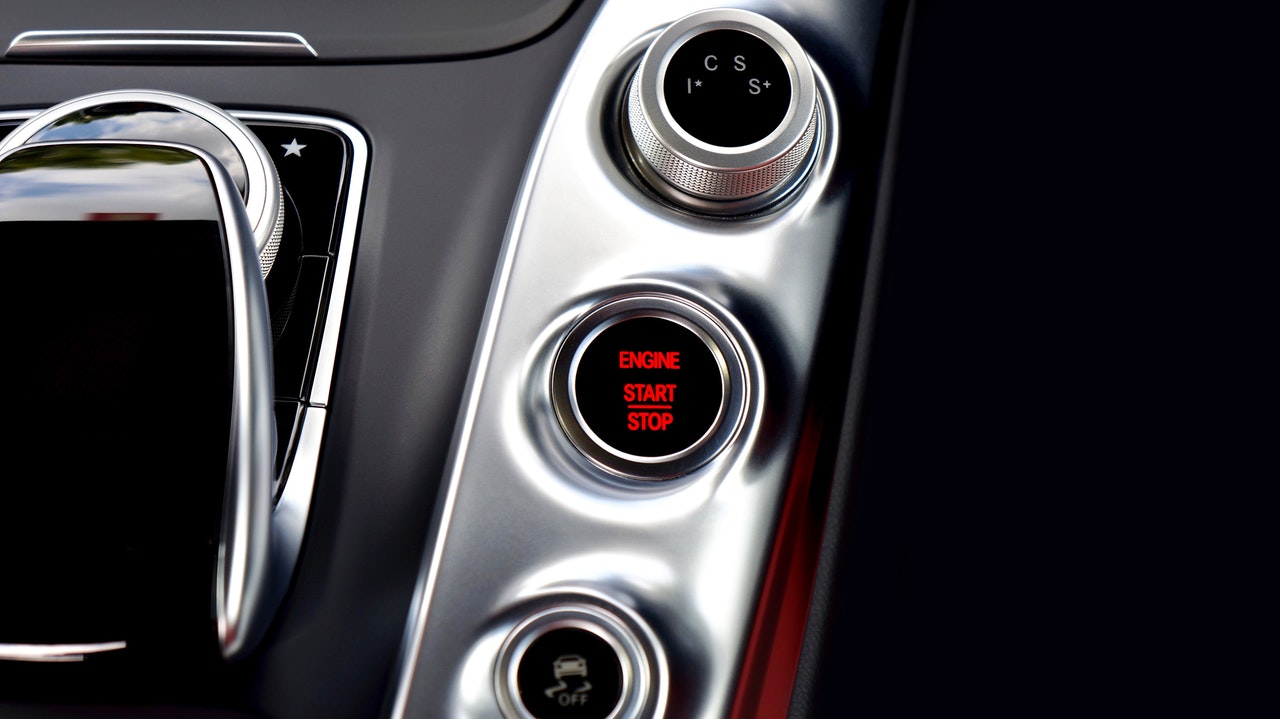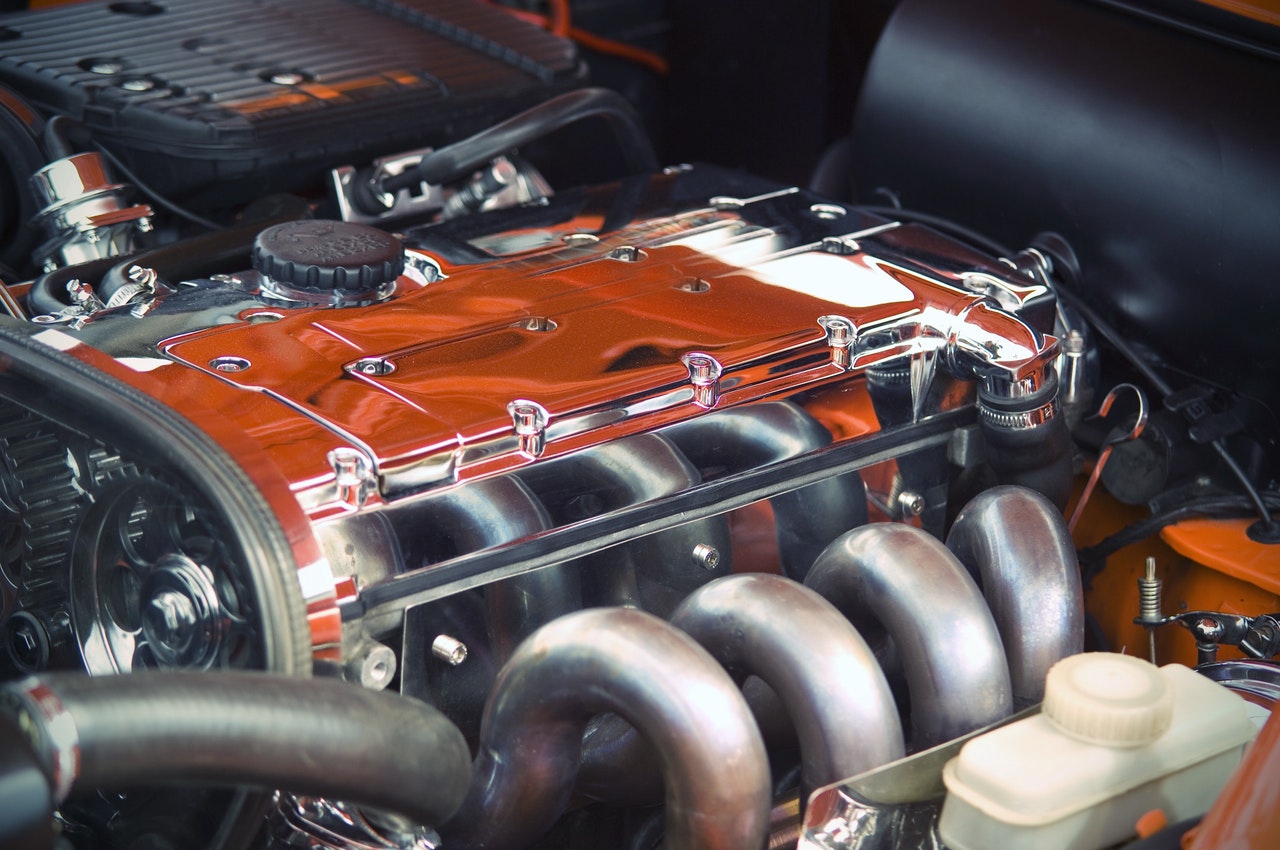How do you check the health of your car engine?
- Check the vehicle’s fluids
- Check for leaks
- Start the car
- Drive the car
The key to your car’s health is optimal engine performance. If you don’t check the health of your car’s engine, you could run into problems while driving. Checking your car’s engine on your own can be difficult. There are just too many parts to consider. Unless you’re an expert, you can’t easily spot what you need to check. But with this guide, even a beginner can see if the car’s engine is healthy or not.
Follow these steps to help you check the health of your engine.
Check the Vehicle’s Fluids
The engine is the heart of your car. Once it fails, your vehicle won’t be able to function. One way to know if the health of your vehicle is in optimal condition is by checking its fluids. Your car’s oil should be brown. It shouldn’t be anything other than translucent. The oil should be full as well. Now check for any odd scents. It shouldn’t smell burnt, and it especially shouldn’t be milky. Check the consistency if it’s clumpy or thick. The coolant should be topped up as well. If you spot a problem with your car’s fluids, then there might be a problem with your vehicle’s engine.
Check for Leaks

Leaks are a telltale sign that there’s a problem in your vehicle. The fluid system in your car’s engine is a closed-loop. All these fluids need topping up every once in a while, but a leak could be a sign that your system has a problem. A mechanic can help you check these areas to determine the source of the leakage. But you can check this on your own by parking it in a clean area and leaving it overnight. The next day you’ll eventually see where the fluids accumulate.
Start the Car

Listen to the engine run when you start the car. The car should be able to start quickly without struggling. Listen to the engine carefully as it runs. There should not be any tapping, knocking, or pinging sounds. It should not be producing large amounts of smoke either. Keep an eye on the exhaust and see if the emissions are unusual. The discharge should be clear, with no noticeable white or black tones. It should be steady when idle, as well.
Drive the Car
When you drive a car, pay attention to how it operates. Listen to any strange sounds when you’re driving. If your vehicle hesitates or struggles, this could be a sign that your engine has a problem. Make sure to look at the gauge and see if they’re all in the normal range when you’re taking it out for a spin.
Key Takeaway
Always make sure the health of your engine is in top shape. If you leave this unattended, you could end up spending more money on repairs. Make it a habit to check your car’s health and take it to the mechanic now and then. If you’re unable to, these tips can help you see the health of your car engine by yourself.

